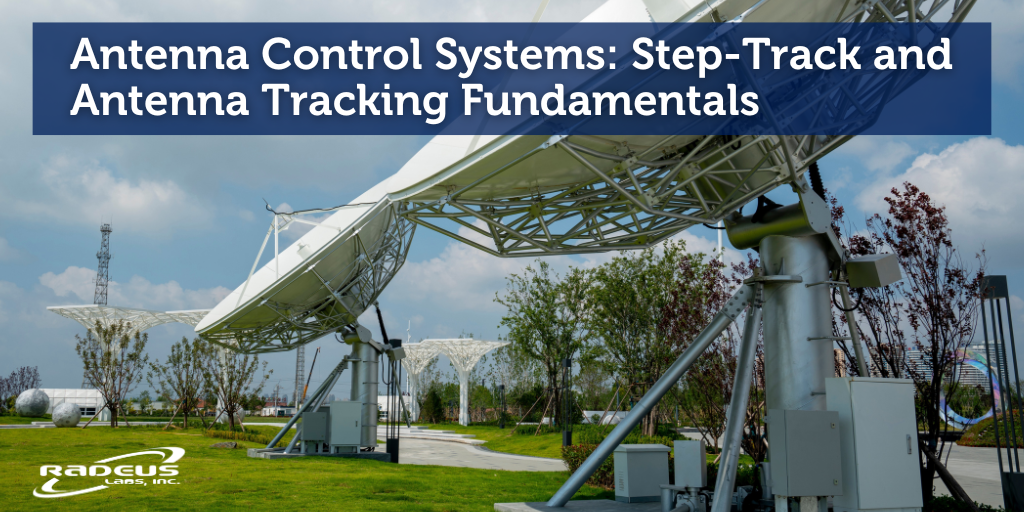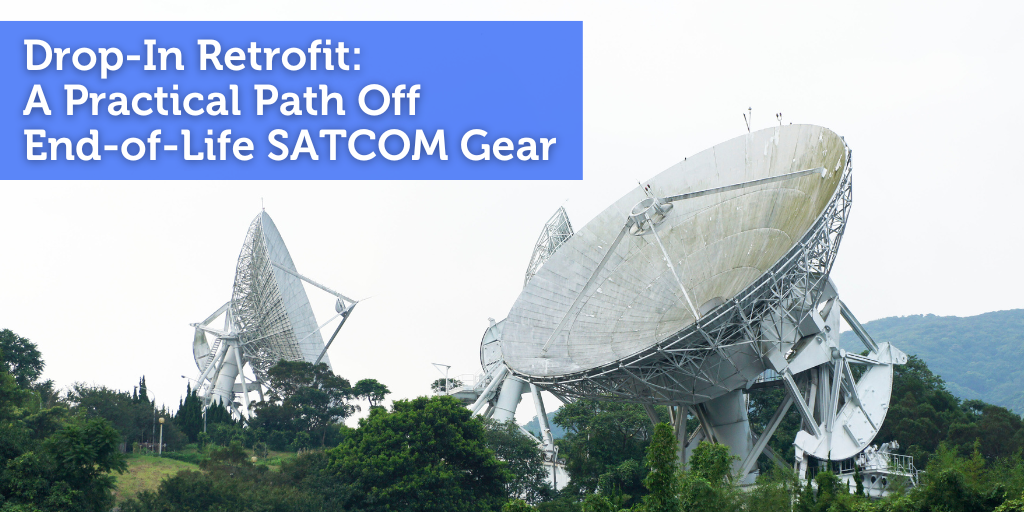 There’s been a lot of talk lately about bringing manufacturing back to the U.S.—and we couldn’t be more supportive of that movement. At Radeus Labs, we believe in strengthening domestic manufacturing. We've long prioritized sourcing from Trade Agreements Act (TAA)-compliant countries and maintaining rigorous quality and compliance standards. As a cleared facility and ISO 9001 certified manufacturer of SATCOM and computing systems, we don't take shortcuts.
There’s been a lot of talk lately about bringing manufacturing back to the U.S.—and we couldn’t be more supportive of that movement. At Radeus Labs, we believe in strengthening domestic manufacturing. We've long prioritized sourcing from Trade Agreements Act (TAA)-compliant countries and maintaining rigorous quality and compliance standards. As a cleared facility and ISO 9001 certified manufacturer of SATCOM and computing systems, we don't take shortcuts.
But here's the truth: while the goal is clear, the current landscape makes fully American-made products difficult to achieve for many industries—including ours.
We’re committed to doing our part—and that starts with transparency, diligence, and a continuous push to move closer to an American-made supply chain wherever possible.
What We Look For When Vetting Vendor Partners
At Radeus Labs, we’ve created a checklist that helps us identify genuine U.S. manufacturing efforts from our vendor team. If you're a manufacturer navigating these decisions, these are the questions we recommend asking:
 1. Can you provide a TAA compliance statement?
1. Can you provide a TAA compliance statement?
This is a foundational requirement for us. A Trade Agreements Act (TAA) compliance statement ensures that the product’s origin aligns with trusted countries. If a vendor can’t provide it—or dodges the question—that’s a major red flag.
2. Do you have a Declaration of Conformity?
This document identifies where the product is manufactured and what standards it complies with. It’s not just about legal compliance—it gives you a real window into the sourcing and quality assurance process.
3. Where is the board—or the chipset—actually made?
This is a critical question. U.S.-made status can be deceiving when the most vital components—the boards, chipsets, or core assemblies—are imported from overseas. Assembling products in the U.S. doesn’t mean they’re made here.
If a vendor can’t clearly trace the origin of critical components, you're the one who’s likely to pay the price when tariffs, supply chain disruptions, or compliance audits hit.
4. Can you be fully transparent?
The vendors we trust the most are the ones who are honest about what they can and can't deliver. Trust takes time and a firm belief that honesty is rewarded. This may mean not price shopping when you are told a domestically produced part is priced higher. It might also mean working with your vendor on reasonable alternatives. We have found that mutual trust and transparency really opens the door to finding superior solutions with our trusted partners.
We’re Doing Our Part, Too
At Radeus Labs, we're not just asking tough questions of our vendors—we're holding ourselves to the same standards.
Right now, many of our systems include 30 to 50 components, some of which must be sourced overseas because domestic manufacturing capacity for certain technologies—particularly semiconductor and board fabrication—simply doesn’t exist at competitive scale. That’s a fact we don't shy away from.
But we're actively working to change that where we can.
For example:
• We're engineering smarter systems that don't rely on external GPUs, reducing our reliance on components most vulnerable to global supply chain disruptions.
• We're building closer partnerships with domestic manufacturers and component suppliers to encourage and invest in growing U.S. capabilities.
• We're continuously reevaluating system designs to prioritize components that can be sourced from TAA-compliant or domestic suppliers without sacrificing quality or customer affordability.
The path to true American manufacturing leadership won’t be walked overnight. But every smart design decision and every verified sourcing relationship moves us closer.
Final Thought: We want to partner with US based manufacturing
Trust is built on evidence. TAA compliance statements and conformity declarations are strong evidential foundations we rely upon. This is evidence we constantly share with customers as well.
At Radeus Labs, we’re serious about strengthening our domestic sourcing—and we’re always interested in hearing from vendors, partners, and innovators who are serious about it too.
If you're a manufacturer or supplier taking the long view—willing to invest the time, money and energy into producing domestically—we want to hear from you.
Because the future of American manufacturing isn't something we can just hope for—it’s something we have to build: Together.
— Juliet Correnti is the CEO of Radeus Labs, a U.S.-based cleared facility and ISO 9001 certified manufacturer
of satellite communication and computing systems built for mission-critical environments.

.png)




